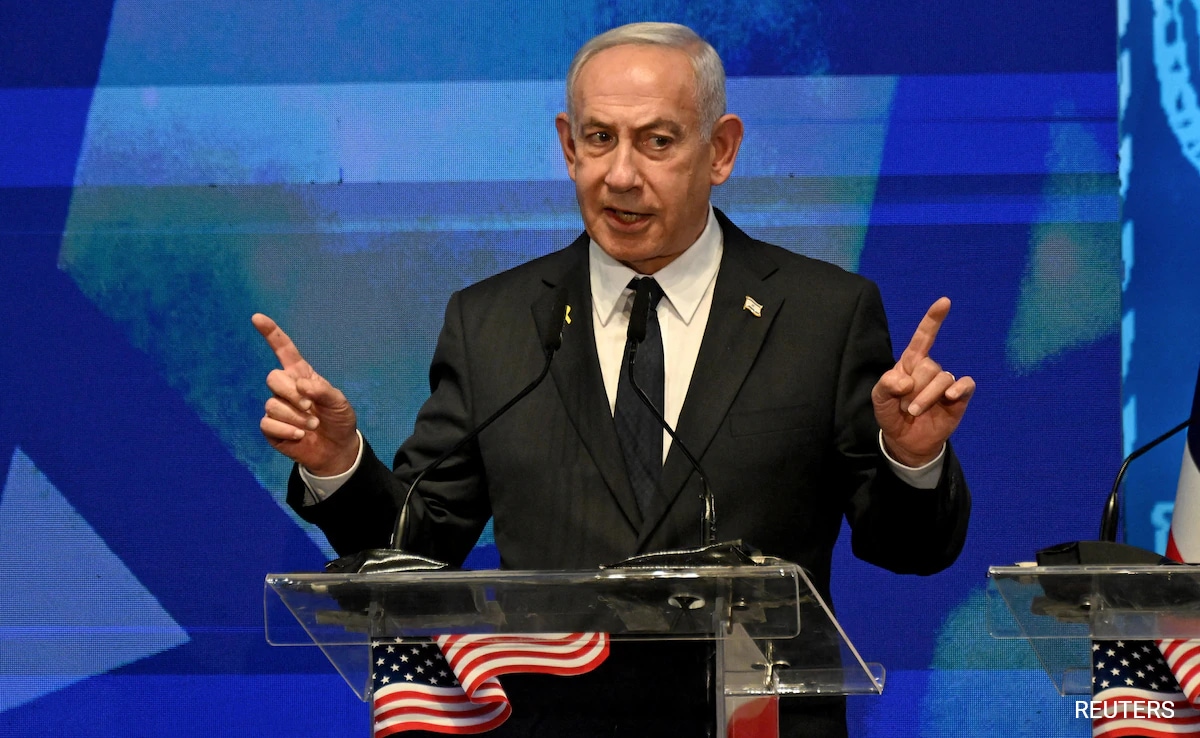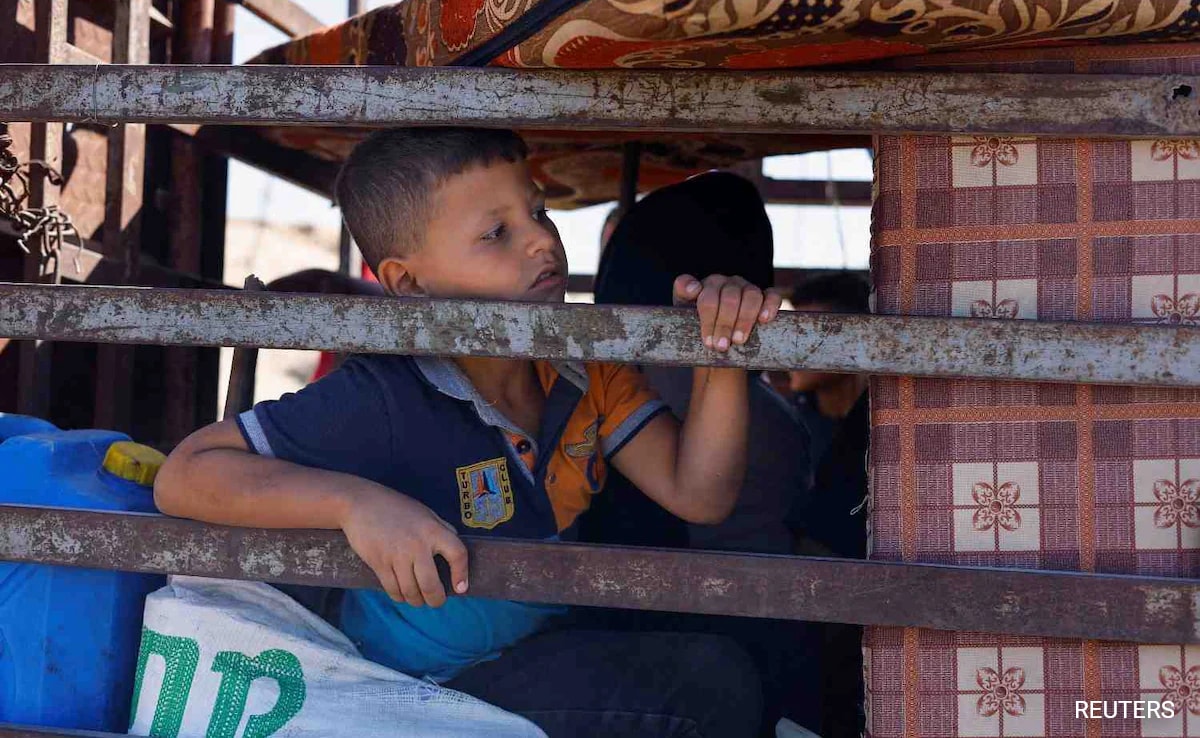Lviv’s governor and head of the regional military, Maksym Kozytskyy, said on Telegram on Sunday that the fuel depot is “completely destroyed.”
Ukraine’s State Emergency Service on Sunday also shared dozens of photographs on Telegram of firefighters working on the blaze. It said the fire at the fuel storage facility had been extinguished about 7 a.m. local time and blamed Russian shelling for the attack. Lviv police also said they had detained two men on suspicion of espionage, accusing them of sending information to “Russian recipients.”
Neither side’s account could immediately be independently verified.
The attacks on Lviv came hours before President Biden delivered a forceful condemnation of Russian leader Vladimir Putin during an address in Warsaw, the Polish capital, some 250 miles from Lviv. The strikes were Putin wanting “to say hello” to Biden, Lviv’s mayor, Andriy Sadovyi, told reporters on Saturday.
About five people were wounded in the strikes, and there was “significant damage” to “infrastructure facilities” in Lviv, the mayor said, but no residential homes were hit. He urged people to stay in shelters.
The city close to the Polish border has been largely spared from bombardment during the war and has become a sort of sanctuary for diplomats, journalists, aid agencies and Ukrainians fleeing from the east.
The strikes in Lviv also came a day after Russia asserted that it had ended its first phase of the conflict and claimed it was shifting its attention to eastern Ukraine’s disputed territories. Pentagon intelligence said Russia had halted ground operations aimed at Kyiv, moving its focus instead on attacking the eastern Donbas region.
Lviv police said they had detained two men, whom they accused of sending information to “Russian recipients.”
They detained a driver who had videos and photos “of our troops’ movements” on his phone, along with photos of passports of men from the Luhansk region and “many contacts with Russian numbers.” Another man had filmed footage of missiles hitting targets in Lviv and had photos of local checkpoints on his tablet device, which had been sent to Russian phone numbers, police said. Both men were handed over to the Security Service of Ukraine, police added.
Kozytskyy, the governor of Lviv, warned citizens on his Facebook page on Sunday of the potential criminal liability of taking photos and disseminating information that could “help the enemy” and lead to suspicions of espionage.
Annabelle Chapman contributed to this report.
.png)











 English (United States) ·
English (United States) ·  Turkish (Turkey) ·
Turkish (Turkey) ·